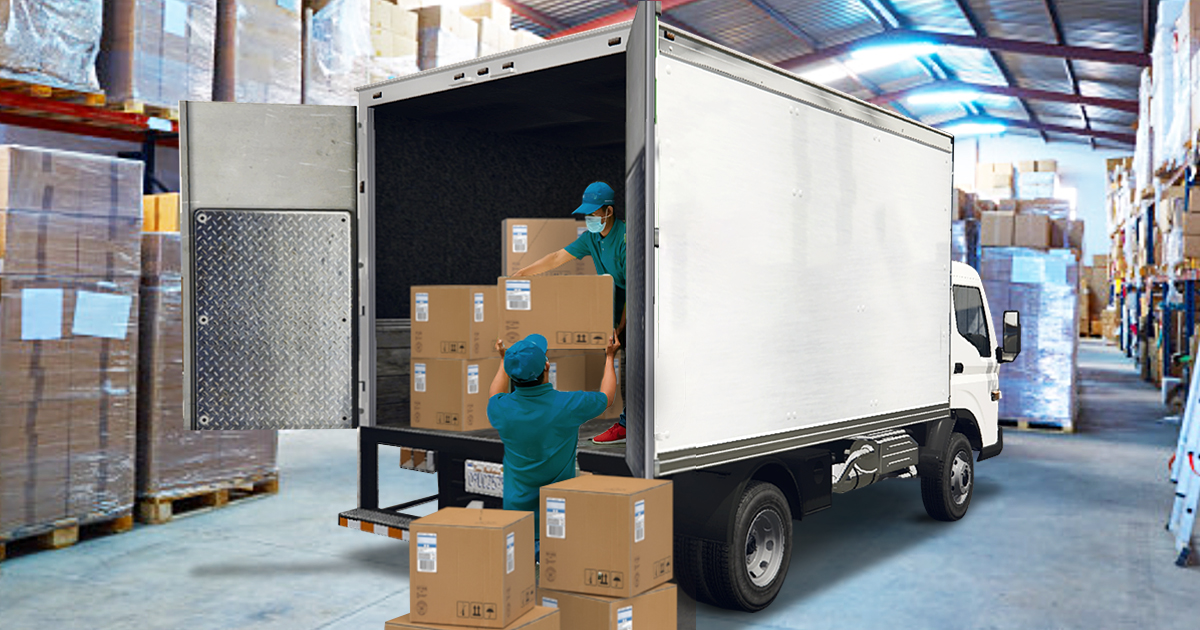What is Sharing Economy?
Sharing economy is a hybrid market model in which assets and services are shared through community-based online services. It frequently uses an online platform to connect buyers and sellers, thereby creating a marketplace for a service. With the Internet at play, we can say that technology has been the biggest driver behind the growth of the sharing economy across the globe. A great example would be the coming of Grab, Airbnb, and Transportify in the Philippines, which changed and disrupted the traditional model of transport, hospitality, and logistics.
Logistics in Shared Economy
Sharing economy is an expanding movement to all industries, and logistics is no exception. The use of applications to create an online on-demand logistics marketplace can be an example of this. Service like “Partial Load” is one that you can consider fitting the sharing economy model. Partial Truckload (PTL) shipping is the inverse of Full Truckload (FTL), which involves transporting heavy or substantial freight. Partial Load is a more practical option for businesses without much volume of cargo. Making sense of the sharing economy, the partial load is the consolidation of these smaller volumes to a truck before delivering to destinations.
In today’s economy, partial load services have grown in importance. With the unstoppable rise of e-Commerce, quick product shipments to customers are critical for online businesses competing for sales—not only with one another but also with brick-and-mortar retailers.
The shared economy model creates value to the market because it leverages shared access to goods and services to allow suppliers and consumers to redistribute resources. The flexibility of the sharing economy is a big part of its success.
Advantages of Partial Load Shipping
Cost-Efficient
Consumers who use partial load service share the cost and space of a full truck while ensuring a service efficiency like those of full trucks. The use of technology through app-based services will allow individuals or organizations to share the excess capacity of their assets – generally goods or services – to maximize returns.
Works for Small Businesses
Consumers can consider full truckload as the best option, but it can only apply to seasons when sales volume is high enough to full a truck. This can be a limiting factor for businesses that don’t have much volume but still need to transport goods. Partial load shipping enables small businesses to take advantage of moving goods in bulk without paying the high costs associated with renting an entire truck. Because small businesses ship fewer goods, they won’t have to wait until they can afford full truckload shipment.
Increasing Sustainability
Partial load shipping allows you to move goods for multiple clients. Instead of charging each client for a full truckload, whether they use all or a portion of it, partial load saves fuel and puts fewer trucks on the road for the same shipments. This makes the model greener and more sustainable.
Future of Shared Economy in Logistics
Logistics is in an exciting phase because technology is driving companies to reevaluate how they do business. Experts see the sharing economy as a lucrative innovation to help and sustain the logistics industry for a long time. Logistics is offering us partial load now, and there is more to come.
SEE ALSO:

